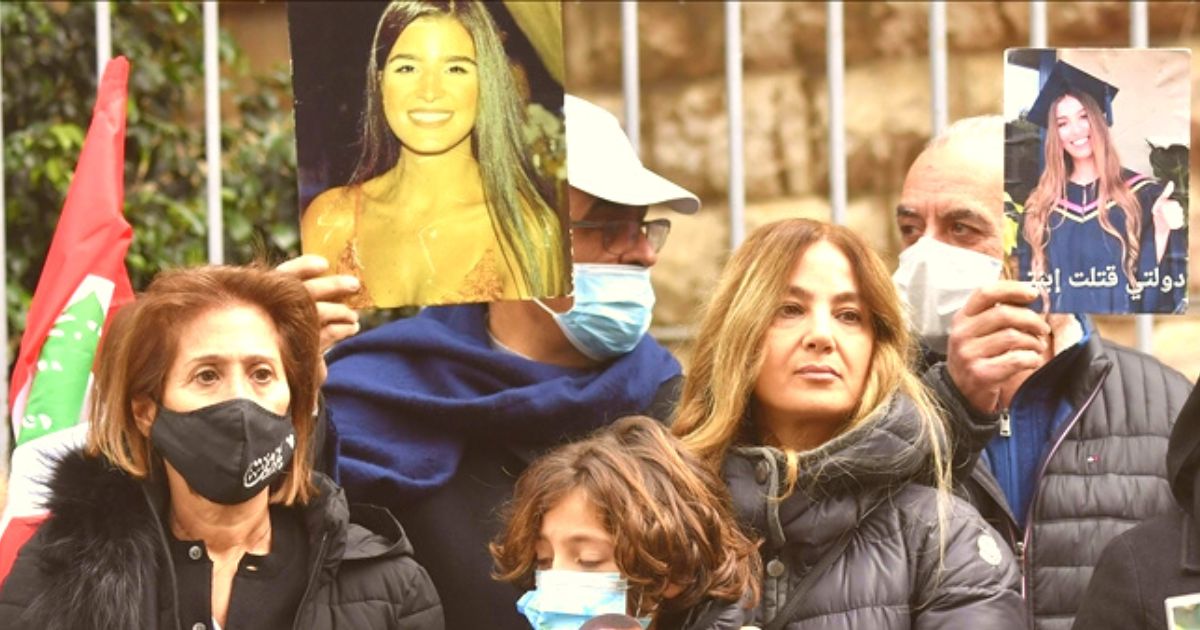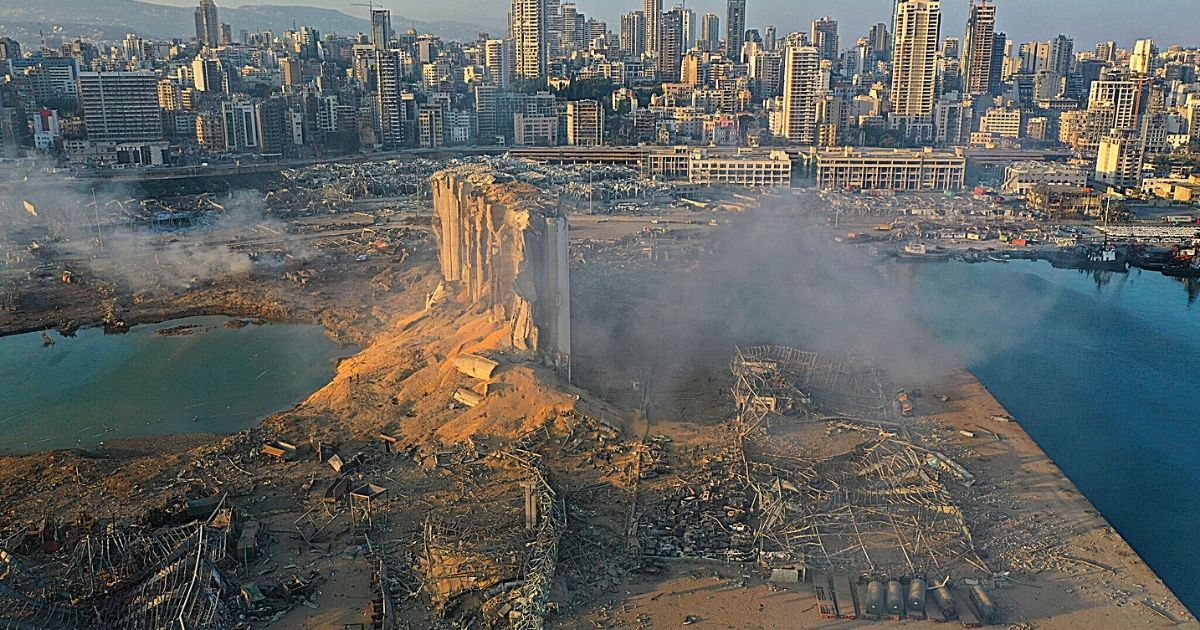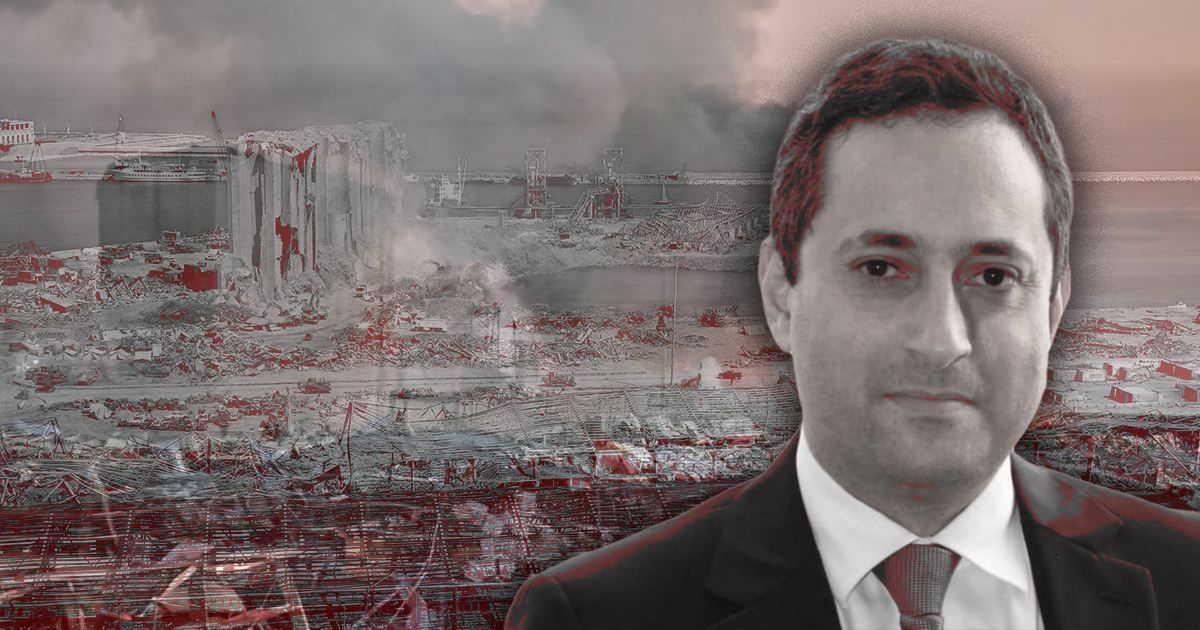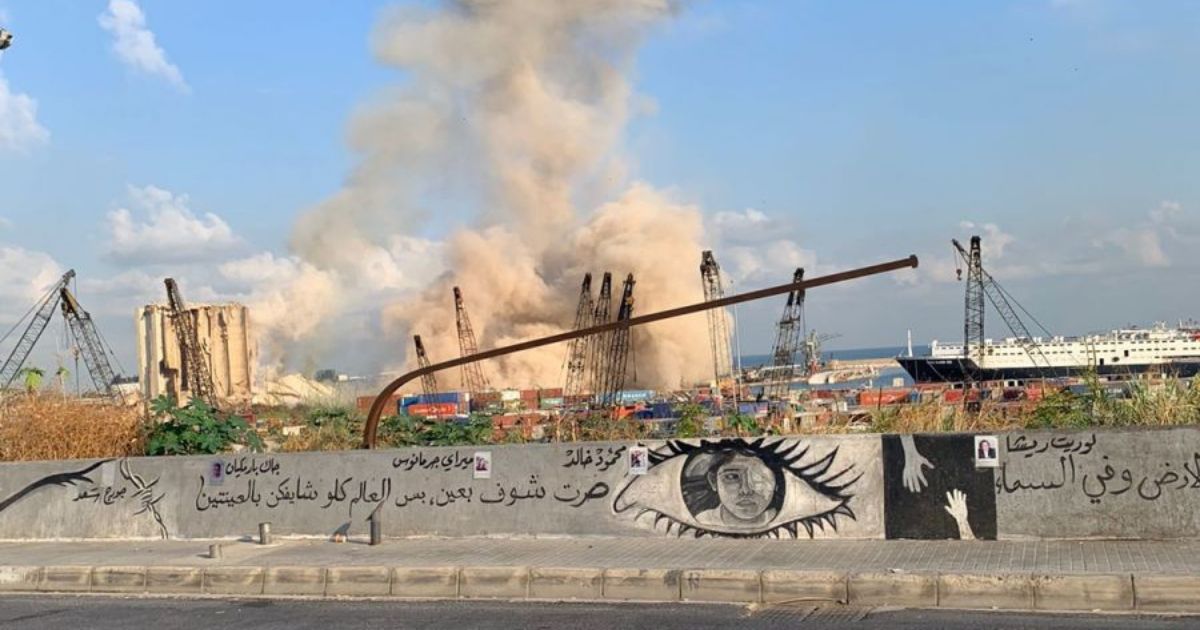While some time has passed since the August 4 explosion, it is still vivid in the minds of the people, and certainly in their hearts. It is still haunting too many in Lebanon, especially children. Many of these little ones are reportedly suffering from nightmares, and more.
To this day, sights and loud sounds reminiscent of the blast, such as fires, smoke, fireworks, or gunshots, can send shivers down the spine of Beirut residents. So what’s to say of their effects on children?
Many parents have had to put on their brave faces to help their children cope with the traumatic effects.
To get some pertinent advice on how parents can help their children cope, The961 reached out to Dr. Noura Khayat, a child and adolescent clinical psychologist.
Dr. Khayat is also trained in SPACE (Supportive Parenting for Anxious Childhood Emotions) therapy, which has enabled her to help parents better understand and tackle their child’s anxiety.
“I was in Beirut on vacation on August 4th, so this topic is near and dear to my heart for professional and personal reasons,” she told us.
Dr. Khayat is specialized in trauma, behavioral difficulties, and family conflict, and gave us experts tips that parents can use to help their kids at home, and also ease their own struggles.
“The overarching idea is that trauma is a normal reaction to an abnormally intense/frightening event,” Dr. Khayat said.
“The sub-idea is twofold: you want to normalize that whatever kiddos are experiencing is normal… and to externalize the emotions.”
That means “not keep it in but put it out into things like words, ideas, writing projects, art projects, play activities,” she advised.
Here are Dr. Khayat’s 5 main tips:
#1 Talk about it – in moderation
“This is a crucial point, especially in a country like Lebanon where there are a lot of taboos. The belief is that if you talk about something bad (this goes for trauma, but also loss, depression, etc.) with your kids, you will ‘remind them of it’ and it’s better if you don’t mention it so they forget.”
“The truth of the matter is that if you bring up the explosion and they were not thinking about it, they will be reminded for a few minutes, and move onto the next thing because the thought was not sticky in their brain, to begin with. “
“However, if they were thinking about it, it will be a HUGE relief to hear an adult they trust bring it up. It could be casual like, Have you been thinking about the explosion lately?“
Note: “Make sure you are not, as a parent or caregiver, putting your own anxiety onto the child by asking too much (too frequently, too many pressing questions before the child is ready to talk) or too little. Check your own emotions, and then use that awareness to inform how often you should check in.”
#2 Be on the lookout for the following symptoms
These symptoms can commonly happen after big traumas and concern parents and children alike:
- recurrent nightmares about the explosion
- repetitive playing out of the explosion (especially if there is no real resolution at the end of the play)
- flashbacks where it feels like they’re reliving the explosion or part(s) of it
- avoiding reminders and memories or tolerating them with extreme discomfort
- saying very negative things about themselves, others, or the world (“I am bad,” “I can’t trust anyone”, “the world is dangerous”)
- feeling sad or negative or disinterested in everything
- blaming themselves
- getting startled more easily
- are easily irritable or reckless
- having trouble sleeping
“It would be absolutely expected to experience a few of these symptoms, especially in the immediate days and weeks following the explosion. But you should expect these to decrease in intensity and then disappear over time.”
“Having many of these symptoms or a few that are so intense that it interferes with one’s ability to function at home, school, or work is cause for concern,” she said.
#3 Ask questions, don’t force reassurance
“Oftentimes parents will open up a topic of conversation that is sensitive with their kids – and once the kid starts sharing their distress, the parents get distressed too and want to ‘make it all go away,'” said Dr. Khayat.
“These parents will say things like ‘You have to be strong!‘ ‘You’ll get over it,’ and ‘It’s not that big of a deal,’ not because they don’t care about their kid’s sadness, but because it’s hard to see your child hurting. And while that works for a very narrow spectrum of kids, most others will feel discouraged and will believe that having negative feelings is not allowed,” she explained.
“Instead, we want to teach our kids that having negative feelings is a tip from your brain that something is not right.”
Her advice is to “limit your reassurance to a sentence or two, and spend most of the conversation asking questions to help the kids understand themselves better.”
So what are the good questions to ask? The expert offers the following as suggestions:
- When did you start feeling this way?
- What were the parts that were most scary?
- Can you think of one thing you did that was brave?
- If you could change one thing, what would it be?
- When did you realize that you were going to be ok?
- Who did you worry about the most? Do you still worry about them now or did it pass?
The doctor advises to maintain an open conversation with the children and not necessarily all about the explosion or negative things. “It’s hard to know how to ask questions that keep the dialogue open – so keep this idea in mind and continue to practice with each conversation,” she says.
#4 Activities in the displacement – externalizing the emotions
Dr. Khayat says that a great way to help get the emotions out of your child’s mind and into the real world is to use “externalizing strategies” which are “ways to get kids to move their emotions from their head and into fully formulated thoughts and behaviors.”
It could be achieved through:
- writing or drawing about the explosion
- turning the emotions into characters (tell them: show me what your fear looked like, show me what your anger looked like)
- writing a letter to someone or a poem about it
- playing out the scene in imaginative plays (but make sure there’s a good resolution at the end where everyone goes back to feeling safe and healthy)
- talking about it with friends or family
#5 Bring in another family member!
“If your child is really struggling, it is always a good idea to bring a beloved family member or family friend into the picture,” says Dr. Khayat.
“Share with that adult a little bit about where your child is really getting stuck, find similarities, and encourage the adult to share with your child how they feel the same, talk about it more, or even discuss what they have done to make themselves feel better.”
Examples of things to say:
- You know I had a lot of trouble falling asleep too after the explosion.
- Your mom told me you have really sad thoughts about the explosion still. I want you to know that I have the same sometimes too, I get really sad too. What makes you sad the most?
- Your dad told me you have been feeling angrier lately. I’m like you, when something bad happens I just get in a bad mood. Here’s what I do to help myself…
WHEN TO REACH OUT TO A PROFESSIONAL:
“If the trauma symptoms described above in tip #2 cause significant distress or difficulties functioning at home, school, or in relationships with other friends and family members, or if your child just seems significantly unhappier since the explosion, that’s an important cue that your child is stuck beyond what their brain can manage on its own, and it is highly recommended the parents have their kid talk to someone,” advises Dr. Khayat.
About Dr. Noura Khayat

Dr. Khayat is the Director of Clinical Services at the Center for Cognitive Therapy and Assessment (CCTA), a group private practice in the Washington D.C. area. She helps run the practice, provides supervision to other therapists, organizes training sessions, and more.
She is a full-time psychologist working with mostly kids and teens, currently working remotely due to COVID-19.















